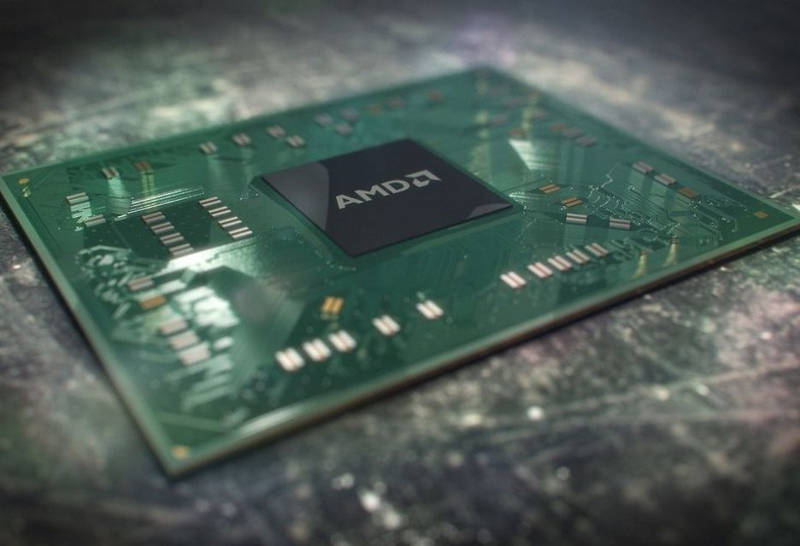Next year, AMD will present its next generation of Zen 2-based processors, which will be presented for the first time at the EPYC processors in Rome. These will be the first high-performance CPUs with a 7nm process node, and they are expected to deliver significant improvements in performance and efficiency, AMD has already begun to give us an indication of the Zen 3 architecture which is expected to arrive in 2020.

AMD Zen 3 will focus on energy efficiency, not performance

AMD Zen 3 will use a 7 nm+ EUV process node, mainly to take advantage of energy efficiency with a moderate increase in performance.
There is no doubt that AMD will have the first GPUs and CPUs that will use a 7nm TSMC process node. The Vega 20 GPU “Instinct MI60” will be released later this year, while the Rome EPYC processors for the server market will be introduced next year.
AMD has planned Zen 3, Zen 4 and Zen 5
After the introduction of Zen, we received the Zen+ one year later. Which is a slightly efficient and optimized Zen architecture based on the 12nm process node instead of the 14nm originally used by Zen. The latest AMD roadmap now confirms that after Zen we would get 2 Zen 3, Zen 4 and even Zen 5.
In the future, a 7 nm+ node will use Extreme Ultraviolet Lithography (EUV), which “will primarily utilize efficiency with some modest performance capabilities”. Comments AMD CTO, Mark Papermaster. It is also claimed that AMD would use TSMC’s 7nm + EUV (Extreme Ultraviolet Lithography) technology to manufacture its Zen 3-based processors.
The new process node, together with the new optimized design of the Zen chip, will offer higher energy efficiency; however, this is already being known with moderate increases in performance, so that there are no “surprises”.